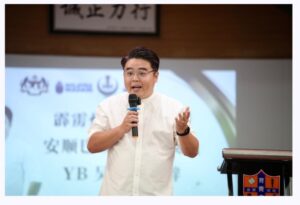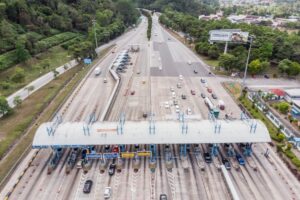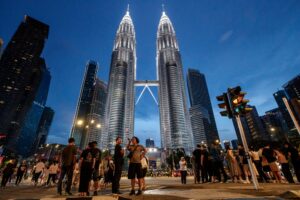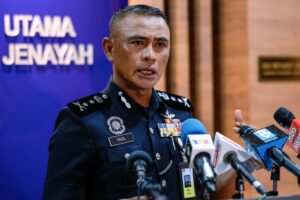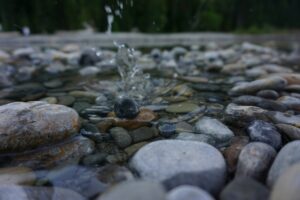KUALA LUMPUR, Nov 11 — Prime Minister Datuk Seri Anwar Ibrahim told Parliament today that South Korea and Malaysia have agreed to collaborate on local rare earth production, as he shrugged off claims that Putrajaya is tied down by a lopsided trade deal favouring the US.
The reply comes as the Anwar administration faces criticism over the Agreement on Reciprocal Trade (ART)) signed at the Asean Summit last month, with detractors claiming the deal was skewed towards US trade interests.
“This is an important fact to highlight because some over there claim we can only sell our rare earth to the US,” Anwar said during Prime Minister’s Question Time.
“This is not true because just two weeks ago, while negotiating in South Korea, I instructed our GLCs and Korean firms to open an additional rare earth super magnet facility in Pahang, and this was done after we signed the agreement with Donald Trump.”
Putrajaya has also explored possible collaboration with China on rare earth production, Anwar added.
“The same happened with Premier Li Qiang. I proposed that Chinese investments work together with Khazanah Nasional Berhad on rare earth projects to be precipitated. So there is no question of restriction,” the Tambun MP said.
Anwar on Nov 1 announced a RM600 million high-powered magnet manufacturing facility by South Korea‘s JS Link, which will collaborate with Lynas Malaysia, in Pahang. The Tambun MP told reporters in Gyeongju, South Korea, that the “investment has already been made.”
The deal formalises an initial agreement between Australia’s Lynas Rare Earths Ltd and JS Link, which signed an initial agreement in July to develop a production facility capable of producing up to 3,000 tonnes of neodymium-iron-boron permanent magnets near the Lynas plant in Kuantan.
Critics of the ART accused the government of failing to negotiate more favourable terms.
Among the criticisms of the agreement is a clause on rare earth. The Joint Statement on the US-Malaysia Agreement on Reciprocal Trade issued just after the deal was signed said Malaysia had committed to refrain from banning or imposing quotas on exports of critical minerals or rare earth elements to the US.
Rare earths are critical minerals used in high-tech applications such as EVs, wind turbines, and smartphones, and Malaysia has around 16.1 million metric tonnes of rare earth deposits, according to government estimates.
Still, it lacks the technology to mine and process them. The country is seeking foreign investment and technology-sharing opportunities to mine and process raw rare earths.

